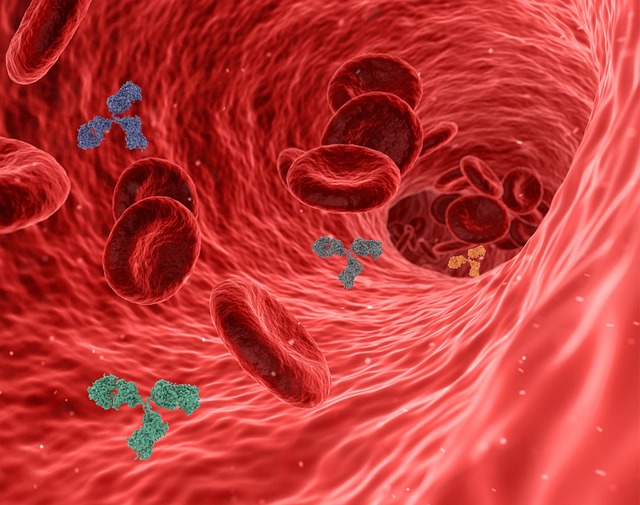
Your Immune System
The immune system is like a dedicated team of superheroes, tirelessly working to protect your body from harmful invaders. It’s a complex network of cells, tissues, and organs that collaborate to keep you healthy and vibrant. Let’s dive into how this incredible system operates and why it’s so essential for your well-being! 🌟
How Does It Work?
At its core, the immune system is designed to recognize and eliminate pathogens—those pesky germs that can make us sick. The main players in this defense mechanism are white blood cells, which come in various types, each with its own special mission. Some are like the scouts, patrolling for threats, while others are the warriors, ready to attack and eliminate any invaders. Isn’t it fascinating how your body has its own little army? 💪
The Role of White Blood Cells
White blood cells, or leukocytes, are the stars of the immune system. They can be categorized into several types, including:
- Neutrophils: These are the first responders, rushing to the site of infection to engulf and destroy bacteria.
- Lymphocytes: This group includes T cells and B cells, which play critical roles in recognizing and remembering pathogens, providing long-term immunity.
- Monocytes: These cells transform into macrophages, which are like the cleanup crew, clearing away dead cells and debris.
Each type of white blood cell has a unique function, working together to ensure your body stays healthy and resilient.
Cytokines: The Chemical Messengers
Now, let’s talk about cytokines—these tiny proteins are the communication specialists of the immune system. They act as chemical messengers, guiding immune cells to where they need to be and regulating their activities. For instance, when your body detects an infection, cytokines signal the immune cells to ramp up their response, leading to inflammation. While inflammation is a natural part of healing, it’s essential to maintain balance; too much inflammation can cause problems of its own.
The Complement System
Another crucial component of the immune system is the complement system. This is a group of proteins that work together to detect and respond to a variety of pathogens, including bacteria, viruses, and even cancer cells. Think of it as a support squad that enhances the ability of antibodies and immune cells to clear out infections. When activated, these proteins can directly kill pathogens or mark them for destruction by other immune cells.
When the Immune System Goes Awry
Sometimes, the immune system can be a little too enthusiastic. It may react too strongly to harmless substances, leading to allergies, or it might continue attacking even after the invader is gone, resulting in autoimmune diseases. This overreaction can be just as harmful as not having enough immune response, highlighting the importance of balance in our immune health.
Supporting Your Immune System
So, how can we keep our immune system in tip-top shape? Here are a few gentle reminders:
- Eat a balanced diet: Nourish your body with a variety of fruits, vegetables, whole grains, and lean proteins.
- Stay hydrated: Water is essential for every cell in your body, including your immune cells!
- Get enough sleep: Rest is when your body repairs and rejuvenates itself.
- Manage stress: Chronic stress can weaken your immune response, so find ways to relax and unwind.
- Stay active: Regular exercise can boost your immune function and overall health.
By taking care of your body, you’re also taking care of your immune system, allowing it to do its vital work effectively.
Conclusion
The immune system is a remarkable and intricate network that plays a crucial role in keeping us healthy. By understanding how it works and how to support it, we can empower ourselves to live healthier, happier lives. Remember, your body is your home, and your immune system is its guardian—let’s cherish and nurture it! 🌷

















 Unique Bond Aluminium Composite Panels
Unique Bond Aluminium Composite Panels 
 Health
Health  Fitness
Fitness  Lifestyle
Lifestyle  Tech
Tech  Travel
Travel  Food
Food  Education
Education  Parenting
Parenting  Career & Work
Career & Work  Hobbies
Hobbies  Wellness
Wellness  Beauty
Beauty  Cars
Cars  Art
Art  Science
Science  Culture
Culture  Books
Books  Music
Music  Movies
Movies  Gaming
Gaming  Sports
Sports  Nature
Nature  Home & Garden
Home & Garden  Business & Finance
Business & Finance  Relationships
Relationships  Pets
Pets  Shopping
Shopping  Mindset & Inspiration
Mindset & Inspiration  Environment
Environment  Gadgets
Gadgets  Politics
Politics 